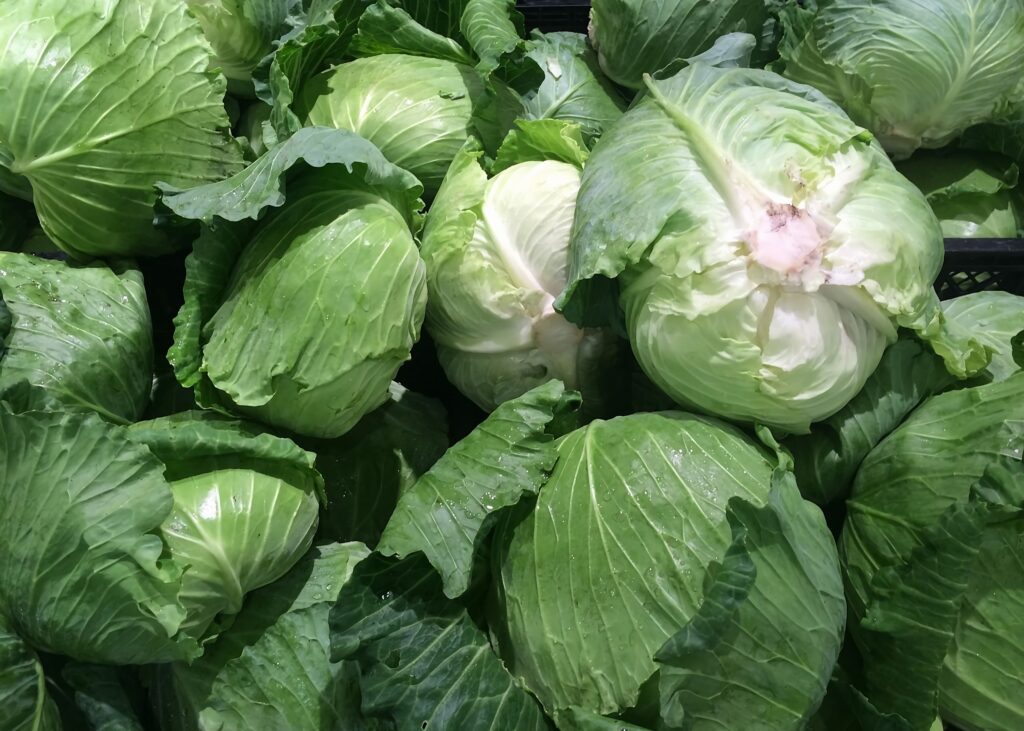Indonesia, with its abundant biodiversity and fertile soil, has increasingly positioned itself as a key player in the global moringa powder market. Moringa oleifera, commonly referred to as the drumstick tree or the miracle tree, is celebrated worldwide for its remarkable nutritional and medicinal properties. This article provides an in-depth examination of the current state of moringa powder exports from Indonesia, highlighting production processes, market demand, regulatory frameworks, challenges, opportunities, and future prospects.
Production and Processing
Moringa oleifera flourishes in tropical and subtropical climates, making Indonesia an ideal environment for its cultivation. The country’s vast agricultural landscapes and favorable weather conditions contribute significantly to the high quality and yield of moringa leaves. Over the past few years, farmers in regions such as Java, Sumatra, and Bali have increasingly turned to moringa cultivation due to its lucrative economic potential and resilience to adverse weather conditions.
Cultivation Practices
Moringa trees are typically grown in well-drained soil with adequate sunlight. Farmers often use organic farming practices to ensure the leaves are free from harmful chemicals, catering to the rising demand for organic products. The cultivation process involves:
- Soil Preparation: Ensuring the soil is rich in nutrients and free from pests.
- Planting: Sowing moringa seeds or transplanting seedlings during the onset of the rainy season.
- Maintenance: Regular watering, pruning, and organic fertilization to promote healthy growth.
Processing Stages
The transformation of fresh moringa leaves into powder involves meticulous processing steps to preserve their nutritional integrity:
- Harvesting: Moringa leaves are harvested when they are tender and nutrient-dense, usually in the early morning to prevent wilting.
- Washing: The harvested leaves are thoroughly washed to remove dirt and impurities.
- Drying: Leaves are dried using various methods such as air drying, solar drying, or mechanical drying to retain their nutrients. The drying process is crucial to prevent the growth of mold and bacteria.
- Grinding: Dried leaves are ground into a fine powder using specialized milling equipment.
- Sieving: The powder is sieved to ensure uniform particle size.
- Packaging: The final product is packaged in airtight containers to maintain its quality and extend shelf life.
Market Demand
The global demand for moringa powder has experienced a significant upsurge in recent years, driven by increasing awareness of its health benefits. Moringa powder is rich in essential vitamins (such as A, C, and E), minerals (including calcium, potassium, and iron), and antioxidants. It is widely used in health supplements, functional foods, beverages, and cosmetics.
Major Markets
Key markets for moringa powder include:
- United States: The US market has seen a growing trend towards natural and organic health supplements.
- Europe: European consumers are increasingly inclined towards plant-based and superfood products.
- Asia: In Asia, particularly in countries like Japan and South Korea, there is a high demand for natural health products.
- Middle East and Africa: Emerging markets where awareness and demand for moringa are growing.
Regulatory Framework
Exporting moringa powder from Indonesia necessitates adherence to both national and international quality standards. The Indonesian Ministry of Agriculture plays a pivotal role in regulating the cultivation and processing of moringa to ensure quality and safety.
National Standards
- Good Agricultural Practices (GAP): These standards emphasize sustainable farming methods, soil health, and environmental protection.
- Good Manufacturing Practices (GMP): GMP guidelines ensure hygienic processing, preventing contamination and ensuring product safety.
- Quality Certifications: Exporters often seek certifications such as ISO (International Organization for Standardization), HACCP (Hazard Analysis and Critical Control Points), and organic certifications to meet international market requirements.
International Compliance
Exporters must navigate the regulations of importing countries, which may include:
- Product Testing: Ensuring the moringa powder meets the nutritional and safety standards of the destination country.
- Labeling Requirements: Proper labeling with nutritional information, origin, and certification logos.
- Documentation: Comprehensive export documentation including certificates of origin, phytosanitary certificates, and commercial invoices.
Challenges and Opportunities
The Indonesian moringa powder export industry faces several challenges, but also holds immense opportunities for growth and expansion.
Challenges
- Quality Control: Maintaining consistent quality and purity of moringa powder is crucial to building and sustaining market reputation.
- Market Competition: Competing with other major moringa-producing countries such as India and the Philippines requires continuous innovation and differentiation.
- Supply Chain Management: Efficient logistics and supply chain management are essential to meet global demand and deliver products on time.
- Awareness and Education: Educating farmers about best practices in moringa cultivation and processing to ensure high-quality output.
Opportunities
- Research and Development: Investing in R&D to improve cultivation techniques, develop new moringa-based products, and enhance processing methods.
- Market Expansion: Exploring untapped markets in regions like the Middle East, Africa, and Latin America, where demand for natural health products is on the rise.
- Value Addition: Creating value-added moringa products such as moringa tea, capsules, skincare products, and fortified foods to diversify the product portfolio and cater to a wider audience.
- Sustainable Practices: Emphasizing environmentally friendly farming and processing methods to appeal to eco-conscious consumers.
Future Prospects
The future of moringa powder exports from Indonesia appears promising, with increasing global demand and growing recognition of its health benefits. To sustain and enhance growth, the industry must focus on several key areas:
Innovation and Product Development
- Diversification: Expanding the range of moringa-based products to include innovative offerings such as ready-to-drink moringa beverages, moringa-infused snacks, and herbal supplements.
- Product Enhancement: Improving the nutritional profile and bioavailability of moringa powder through advanced processing techniques and formulations.
Market Penetration
- Brand Building: Developing strong brand identities for Indonesian moringa products through effective marketing and storytelling.
- Strategic Partnerships: Forming alliances with international distributors, retailers, and online platforms to expand market reach.
- Participation in Trade Fairs: Showcasing products at global trade fairs and exhibitions to attract potential buyers and investors.
Sustainability and Certification
- Organic Certification: Obtaining and maintaining organic certifications to meet the growing demand for organic products.
- Sustainable Farming Practices: Implementing and promoting sustainable agricultural practices to ensure long-term viability and environmental stewardship.
Community Engagement and Support
- Farmer Training Programs: Providing training and support to farmers to improve cultivation techniques and yield.
- Fair Trade Practices: Ensuring fair wages and working conditions for farmers and workers involved in the moringa supply chain.
In conclusion, Indonesia’s moringa powder export industry is on a positive trajectory, driven by favorable production conditions, rising global demand, and a supportive regulatory framework. By addressing challenges, leveraging opportunities, and focusing on innovation and sustainability, Indonesia can solidify its position as a leading exporter of high-quality moringa powder in the global market. With continued investment and strategic initiatives, the moringa powder industry holds great potential for contributing to Indonesia’s economic growth and enhancing its presence on the global stage.




